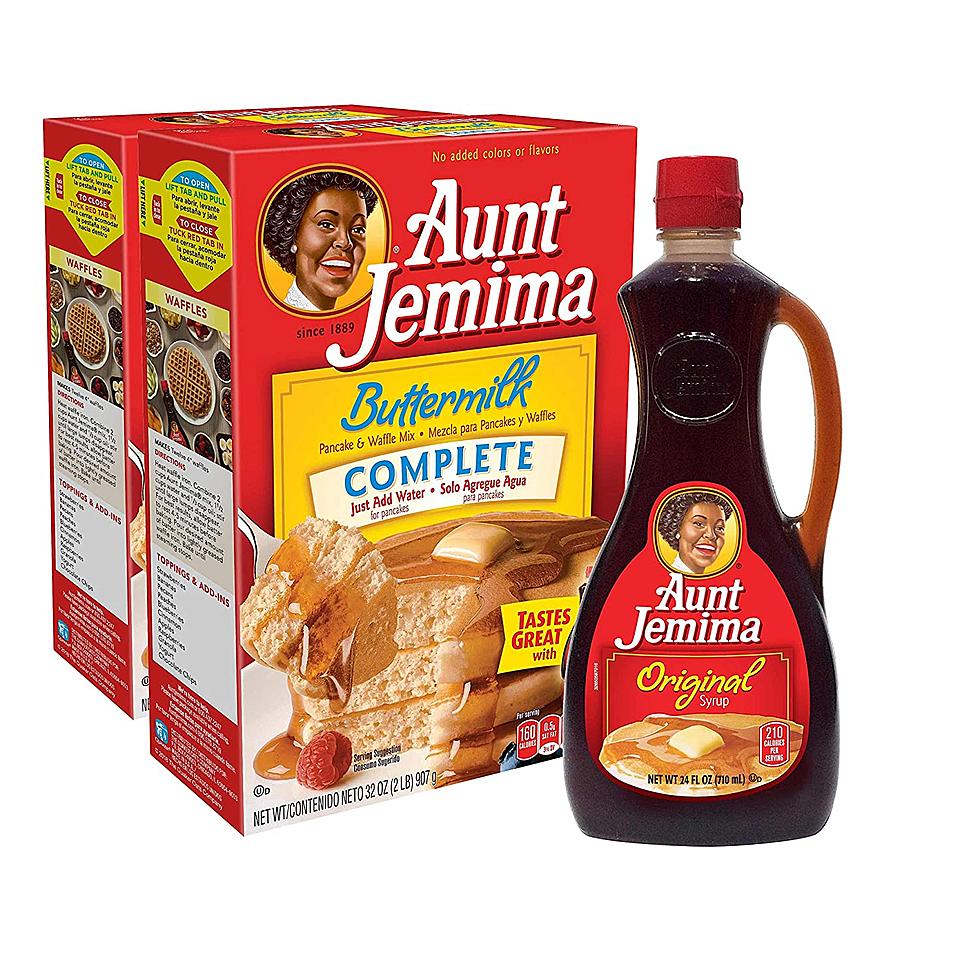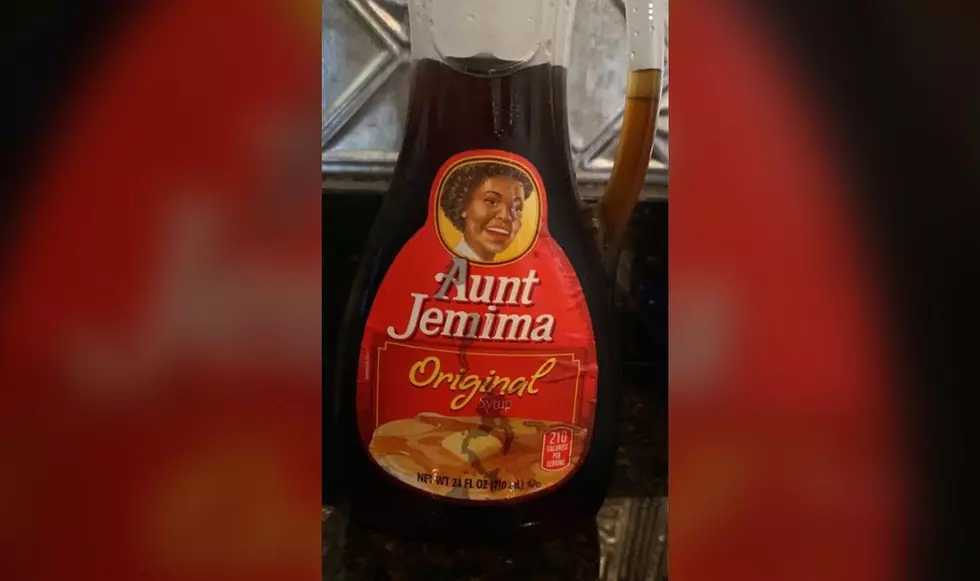
Say Goodbye to Aunt Jemima Who Was Discovered in Central New York
Say goodbye to Aunt Jemima, who was discovered in central New York. The iconic maple syrup and pancake brand will soon be no more. The company is removing the name and image to "make progress toward racial equality."
“We recognize Aunt Jemima’s origins are based on a racial stereotype," Kristin Kroepfl, vice president and chief marketing officer of Quaker Foods North America, said in a press release to NBC. “As we work to make progress toward racial equality through several initiatives, we also must take a hard look at our portfolio of brands and ensure they reflect our values and meet our consumers’ expectations."
Although many women are said to have portrayed Aunt Jemima, did you know one was discovered in Syracuse?
Anna Short Harrington was born in 1897 in South Carolina. She moved to the Syracuse area in 1932 after losing her husband, and became a maid for a family in Nedrow, New York. She was also a cook for many years at a fraternity house at Syracuse University, according to Nostalgic Syracuse. Harrington became Aunt Jemima in 1935 after Quaker Oats discovered her when she was cooking her famous pancakes at the Syracuse fair.
An ad in Woman's Home Companion in November 1935 said, "Let ol Auntie sing in yo' kitchen." It was her picture used on Quaker Oats products. Quaker later removed the bandana from the iconic image.
Harrington played Aunt Jemima for 14 years, making enough money to buy a house and rent out rooms. The house has since been torn down to make way for Interstate 81, according to Wikipedia.
Harrington died peacefully in her sleep on October 21, 1955. Her final resting place is at Oakwood Cemetery in Syracuse.
The new Quaker Oat maple syrup and pancake packaging will begin appearing on store shelves this fall. The company plans to announce a new name soon.

PHOTOS: Protests around the world in the wake of George Floyd's death
More From Big Frog 104









